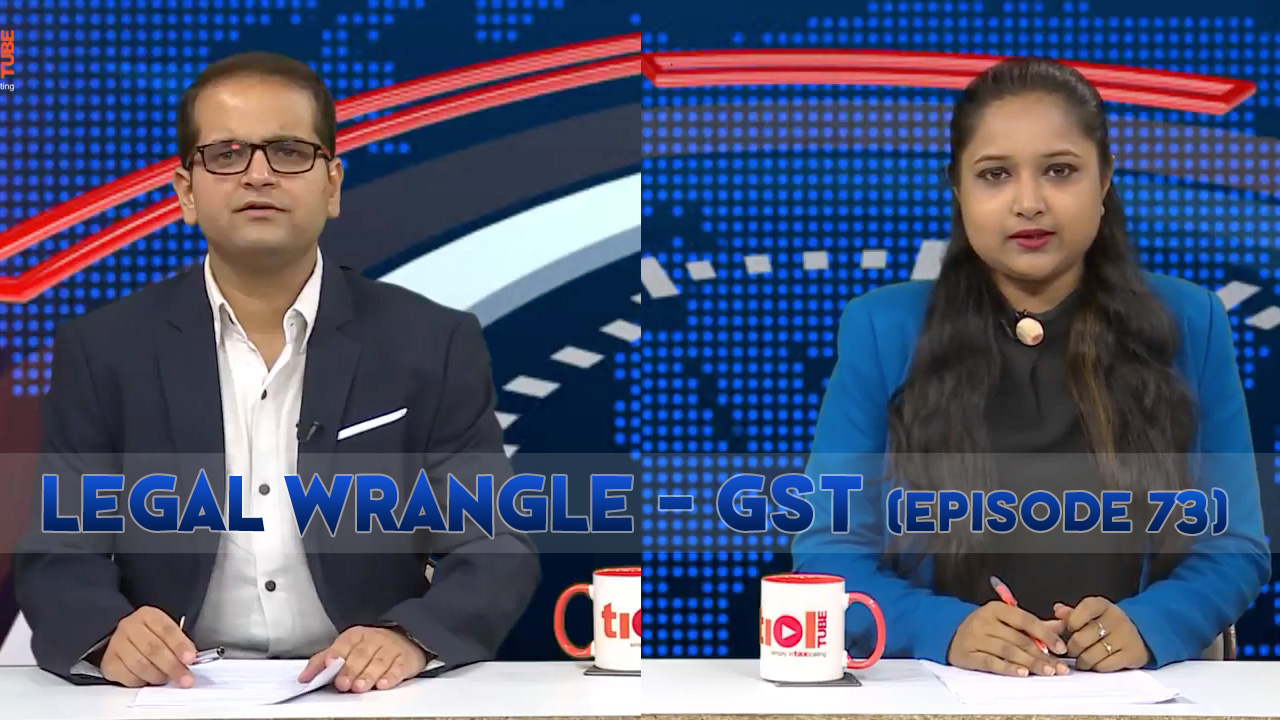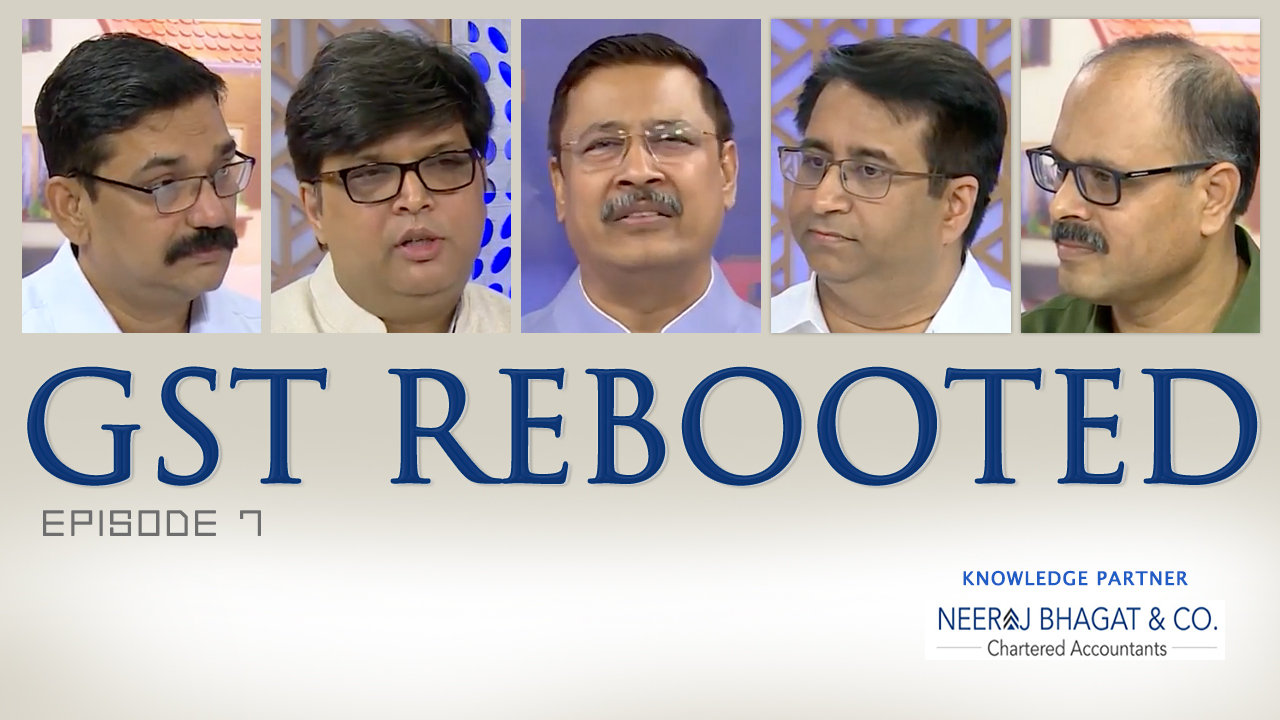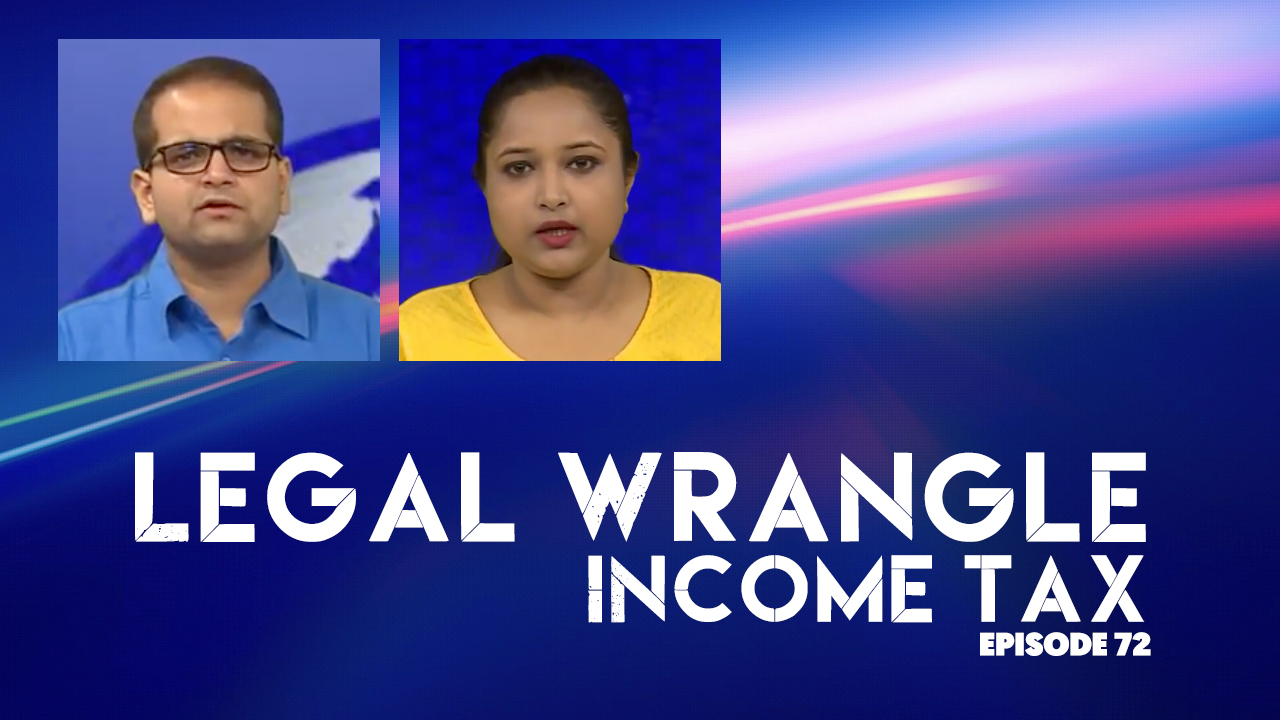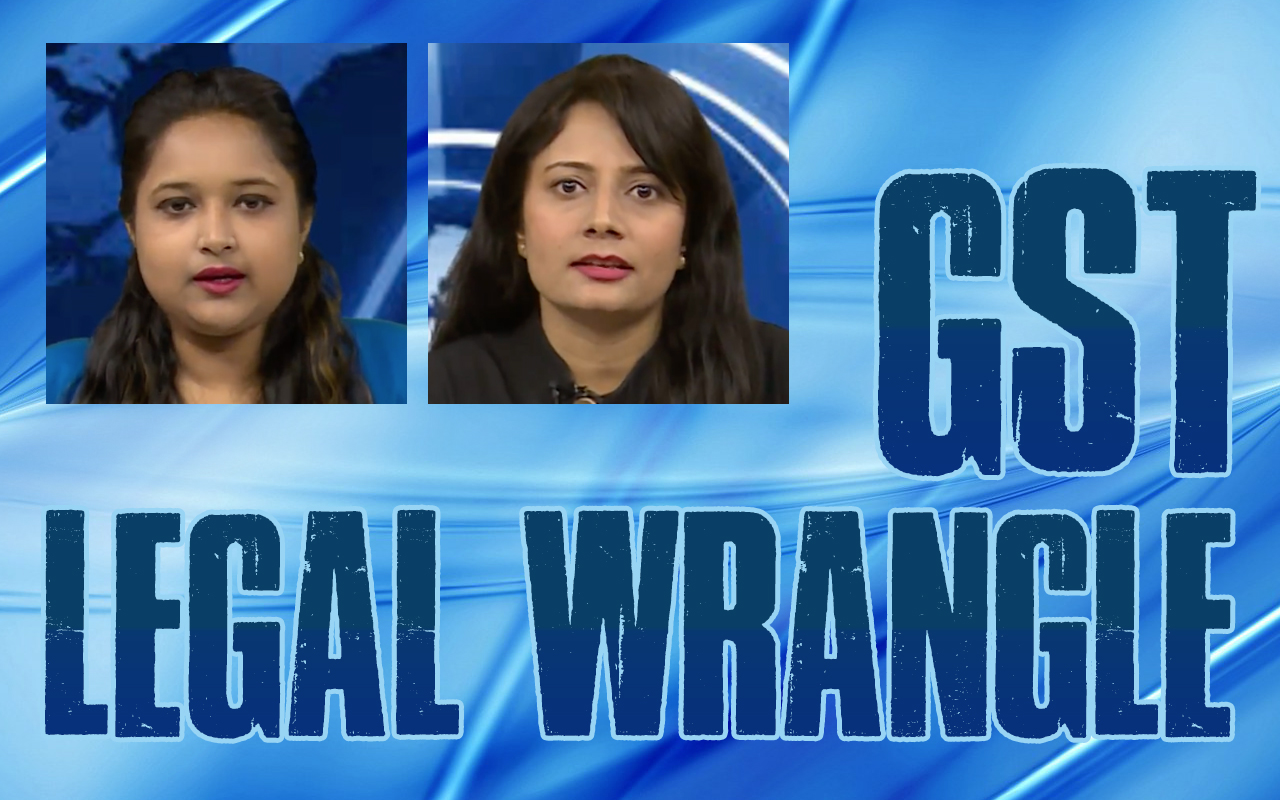|
SERVICE TAX
2018-TIOL-1525-CESTAT-MAD
TT Krishnamachari And Company Vs CST
ST - the assessee, a partnership firm deals in consumer durables & healthcare products, are also registered for providing C & F Agency service, Business Auxiliary Service and Renting of Immovable Property Service - The Department noted that some other entities were using the assessee's brand name for marketing their products, and that the assessee received royalty - The Department alleged that the assessee did not pay tax on such royalty income under Intellectual Property Right Service - Hence, duty demand was raised with interest & imposition of penalty - Held - Considering the definition of IPR service u/s 65(55a) of the Finance Act, 1994, it is seen that it excludes copyright - Undisputedly, the assessee registered its logo under the Copyright Act - Such logo is used both on the goods as well as on the letterheads of the companies which use the logo - It cannot be said tha such logo is a trademark & these goods have a separate registered trademark - Besides, any infringement of such logo would be settled under the Copyright Act - The Department's contentions that the logo lacks artistic value and so is not a copyright, does not hold much water - It is also improper for this Tribunal to delve into this issue - Moreover, the issue at hand is similar to the issue in M/s. ESPN Software India Pvt. Ltd. Vs. CST, New Delhi wherein the Tribunal considered the definitions of copyright & trademark and held them to be copyright - The assessee also claimed to have paid VAT on the entire royalty income - The Apex Court in Imagic Creative Pvt. Ltd. Vs. Commissioner of Commercial Taxes held that VAT & service tax were merely exclusive and so further demand on the royalty income is unsustainable - Hence the demands and the penalty are set aside: CESTAT (Para 1, 5.2-6) - Appeal Allowed : CHENNAI CESTAT
CENTRAL EXCISE
2018-TIOL-1524-CESTAT-DEL
SRV Print Pack Pvt Ltd Vs CCE
CX - Assessee engaged in manufacture of printed/laminated/ metalized flexible plastic film in rolled form and availed Cenvat Credit of duty paid on inputs and making use of such Cenvat Credit for paying central excise duty on their finished products - The Supreme Court in case of Metlex (I) Pvt. Ltd. 2004-TIOL-77-SC-CX has held that the activity of laminating/metalizing of duty paid film does not amount to manufacture - After the decision of Supreme Court, assessee was not required to pay duty on finished products - However, during disputed period, assessee have paid duty by availing Cenvat Credit of duty paid on inputs - Revenue has taken the view that such Cenvat Credit is required to be reversed since these inputs have been utilized for manufacture of finished products which are not required to pay duty - However, the Cenvat Credit, which has been availed, has been utilized by reversal for payment of duty on the finished products - Consequently, such Cenvat Credit is to be considered as already reversed and Revenue is not justified in once again demanding the reversal of such Cenvat Credit - Impugned order set aside: CESTAT - Appeal allowed : DELHI CESTAT
2018-TIOL-1523-CESTAT-DEL
Shivan Cables Vs CCE
CX - During the period of dispute, the assessee company, engaged in manufacturing aluminium wire, was not registered with the Excise department - It availed SSI exemption on the same - It also claimed to be involved in doing job work & trading - Upon search of its premises, certain loose documents were seized showing removal of goods as well as unaccounted purchase of raw material - Based on these the Revenue alleged clandestine removal of goods -
Held - While the assessee alleged violation of principles of natural justice, from the order passed by the Revenue, it is clear that relied-upon-documents were made available to the assessee - Moreover, the assessee was also allowed to cross examine the hand writing expert who verified the seized documents - Moreover, the premises of another entity were searched - Its proprietor admitted to have received goods based on the loose documents - The details provided in his statements matched the details mentioned in the documents seized from the assessee - It also emerged that at no point of time did the assessee press for or even seek cross examination of any person - Hence the same is clearly an after-though and tactic to delay proceedings - Hence the order passed by the Revenue is upheld: CESTAT (Para 2,6,7,12-16) - Appeal Dismissed : DELHI CESTAT
2018-TIOL-1522-CESTAT-DEL
Rajratan Global Wire Ltd Vs CCE
CX - Assessee engaged in manufacture of different types /grades of wires and availed Cenvat Credit of Service Tax paid on mobile phone service, insurance and maintenance of vehicles and in respect of input service received in another unit, situated elsewhere from the factory of assessee - Taking of Cenvat credit on those taxable services was disputed by Department and accordingly SCNs were issued to assessee - The services availed by assessee from the service provider of mobile phone and for insurance and maintenance of vehicles are integral part of manufacturing activity inasmuch as, without such service, assessee cannot smoothly transact its business of manufacturing as well as selling of its goods - Tribunal vide order dated 05.02.2008 in case of assessee, has extended the cenvat benefit on telephone service, holding that such service is an integral part of manufacturing activity - Therefore, no merits found in impugned order in disallowing the cenvat credit on such taxable services - With regard to utilization of services in wind mill, which is located outside the factory premises, such wind mill is a captive mill dedicated entirely for supplying electrical energy to assessee for accomplishing its manufacturing activity - It is only for technological requirement that wind mill should be located at a place in higher altitude; the assessee had installed such mill outside its factory premises and used generated electricity there from for its manufacturing activity - Thus, service tax paid on taxable service used in wind mill cannot be denied to assessee - Tribunal in case of assessee itself, vide 2012-TIOL-469-CESTAT-DEL , has extended the cenvat benefit - No merit found in impugned order in denying the cenvat benefit to assessee: CESTAT - Appeal allowed : DELHI CESTAT
NOTIFICATION
cnt42_2018
CBIC notifies tariff rates for Palm Oil, Palmolein, Soya bean oil, Brass scrap, Gold, Silver & Areca Nut
Trade Notice 08
DGFT issues clarification on extending validity of all scrips issued under Chapter 3 of FTP
CASE LAW
2018-TIOL-1521-CESTAT-DEL
Giorgio Armani India Pvt Ltd Vs CC
Cus - Assessee engaged in business of fashion retail in India - They imported fashion apparel from various group companies - Since the foreign suppliers as well as importer, assessee were related persons in terms of Rule 2(2) of Customs Valuation Rules, 2007, valuation of such imports were looked into by Special Valuation Branch (SVB) - The original authority i.e. AC (SVB), held that the invoice values of imports were to be loaded with additional amounts i.e., annual franchisee fee @ 5% of value of net purchases; 2% for institutional advertising and promotional campaign and 3% on account of advertising expenditure required to be undertaken by assessee in India as per terms of agreement - As regards to payment of franchisee fee equal to @ 5% of value of net purchases, such franchisee fee is being paid by assessee as a condition for sale of goods by foreign supplier - Such franchisee fee will be includible in assessable value in terms of Rule 10 (1) (c) of Customs Valuation Rules - With regard to loading @ 2% towards share of institutional advertising and promotional campaign, assessee is required to remit an amount @ 2% and unless such amounts are paid, they will not be entitled to import goods from foreign principal - Hence, such payments come within 10(1) (e), since such payments are being made as a condition of sale of imported goods - Hence, loading of amount @2% upheld as held by lower authorities - As regards to loading @ 3% of value of purchase, such advertisement is carried-out in India for promotion of 'Giorgio Armani' Brands - Such expenditure is incurred after import of goods - Even though, assessee is required to incur such expenditure as per agreement with foreign principal, it cannot be said that such expenditure has been incurred to satisfy the obligation of foreign principal - Consequently, condition specified in Rule 10 (1) (e) is not satisfied and accordingly no justification found to load the invoice value to this extent - Such loading is accordingly set-aside - Loading of franchisee fee @ 5% and share of worldwide advertisement @ 2% upheld - Loading @ 3% for advertisement expenditure incurred in India set aside: CESTAT - Appeal partly allowed : DELHI CESTAT |
|








